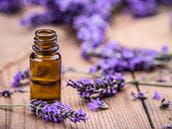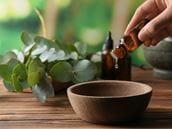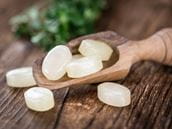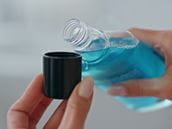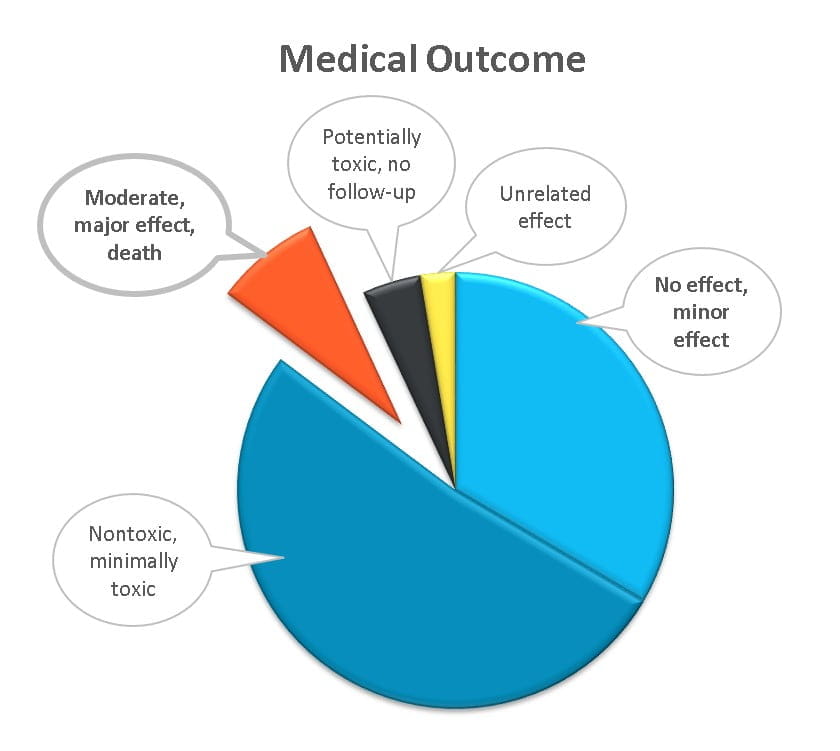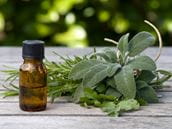
Essential Oils: Poisonous when Misused
Essential oils are derived from plant parts. Because they have a scent, essential oils are often used in perfumes, cosmetics, room fresheners, and flavorings. Many have a history of medicinal use, too. Misuse of essential oils can cause serious poisoning.


